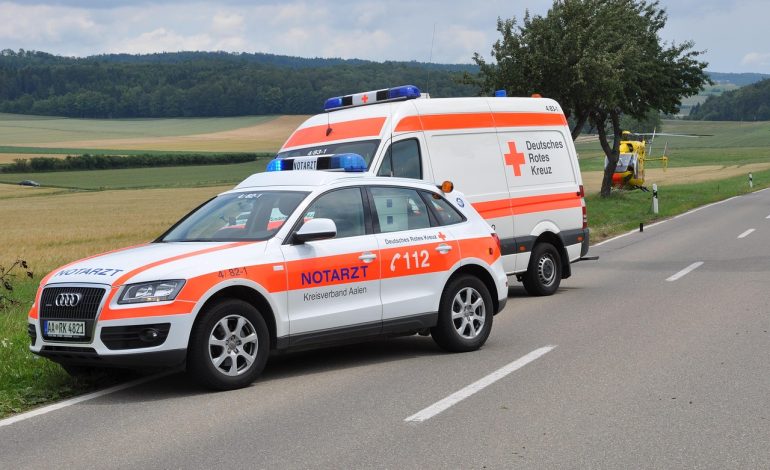Healthcare
Closure of MSF Emergency Clinic in Port-au-Prince
Doctors Without Borders (MSF) has announced the indefinite closure of its emergency clinic in Port-au-Prince, Haiti, due to ongoing violent clashes that have compromised the safety of both staff and patients. This decision follows a temporary closure in March when armed individuals targeted MSF vehicles evacuating personnel.
Impact on Healthcare Services
The cessation of operations at the MSF clinic highlights the broader healthcare crisis in Port-au-Prince, where more than half of the city’s health facilities, including the general hospital, have ceased operations or are non-functional due to rising insecurity. MSF’s facility had been an essential resource for the population, especially in a city where criminal gangs control approximately 90% of the area.
Jean-Marc Biquet, MSF’s Head of Mission in Haiti, emphasized the negative implications of the clinic’s closure, noting the absence of accessible medical facilities in the city center. This situation exacerbates the challenges faced by internally displaced persons (IDPs) living in poor conditions.
Security Challenges
The Turgeau clinic’s proximity to conflict zones made it vulnerable to stray bullets, posing significant risks to patients and staff. Attempts to implement protective measures proved unfeasible, leading to the decision to close the clinic. The ongoing gang violence in Haiti has intensified since the assassination of President Jovenel Moïse in 2021, resulting in significant casualties and displacement.
Statistics and Current Situation
Between January and June, the United Nations reported over 3,100 fatalities and 1,100 injuries due to the violence. Additionally, the UN International Organization for Migration reported that gang-related displacement has affected a record 1.4 million people, marking a 36% increase since late 2024.
The introduction of a Kenya-led, UN-backed multinational security force in June has yet to significantly curtail the ongoing violence.









